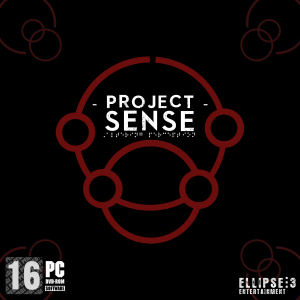So we have hit an epoch the start of a new year where the shite that was 2013 is firmly in the past and as part of my continuing series of pointless blogs today I am going to tackle the idea of truth seeing as many people will be making new year’s resolutions. The idea of resolutions I find adds pressure and goals that realistically often unobtainable, if you aim for something it can blind you aka a man blind to the world sees more than one seeing only what they desire.
The inspiration for this blog is Sherlock and the real life ‘truths’ people follow every day, If you have not had the chance to watch the first episode of this latest series then you should not read potentially. We all know that Sherlock is a genius however often lies or rather obscures some truths in order to keep the higher hand and to some degree protect him from the social criteria we are expected to follow. A lot of theories regarding how he survived his leap of faith essentially after his supposed death have racked people’s minds but to be honest did anyone truly expect a real answer cause whatever the truth is it will never live up to expectations as human nature is to question and feel own views are those that are correct. In the episode we see many ‘theories’ on how this feat was achieved even one from Sherlock himself which as we now he is not going to tell the truth however I question this the theory of the double bluff. If someone expects you to lie than the logical path is to tell the truth, as their preconceptions will over-ride their cognitive logic therefore they will believe you lied. Selling a lie is what marketing does to us every day it is about planting a seed of thought and playing on truth that has led humanity to where it is today. The survival of the fittest applies equally to that of the mind, morally to lie is wrong but to protect our views and ourselves, we lie even without realising it on an almost day-to-day basis.
I could lie and say that I aim to tell the truth but to be honest or rather sell you the idea of truth and its importance no matter what I say or do will not change what you believe, it is only by mass belief that a lie can become truth and thus change understanding as a whole.
So we now enter 2014 a year of new starts or rather the belief we cling to cause as we all know the concept of time and changes should not be linked. We could change the world in a moment’s notice, IF enough people just believe in a common truth, sadly what this truth is can in itself be a lie as such humans have to protect themselves and the cycle of what is true and what is false will never go unbroken.
Lies are not bad; it is when we sell the truth as fact that causes the most problems.





 Written by and Moderated by Stephen Fisher 2014
Written by and Moderated by Stephen Fisher 2014